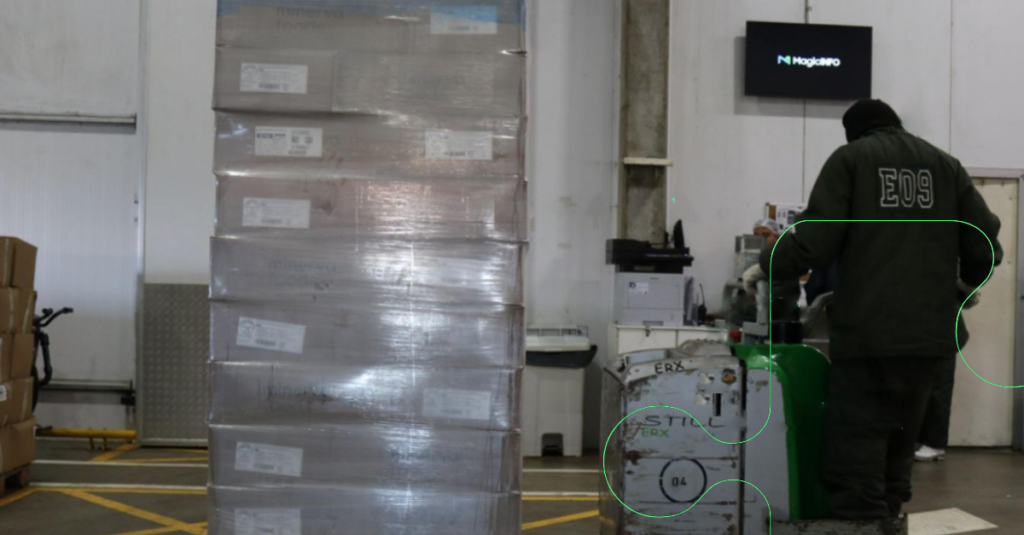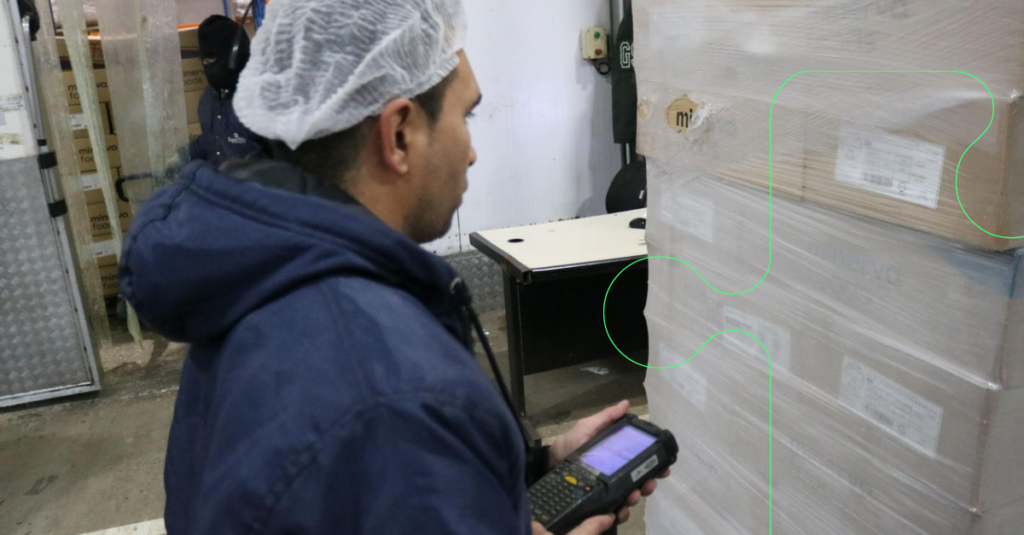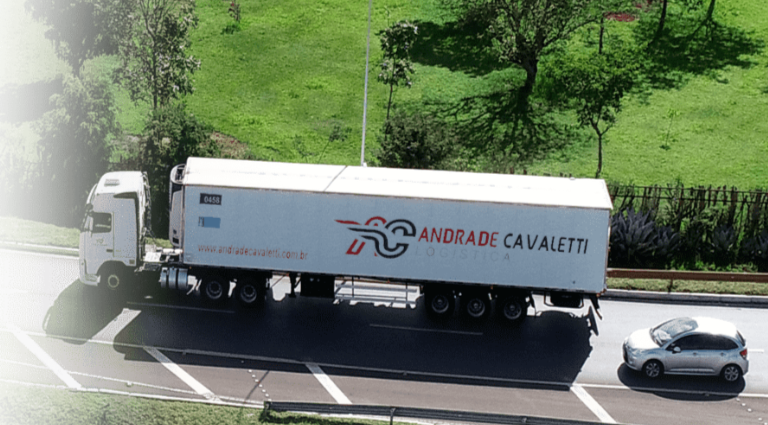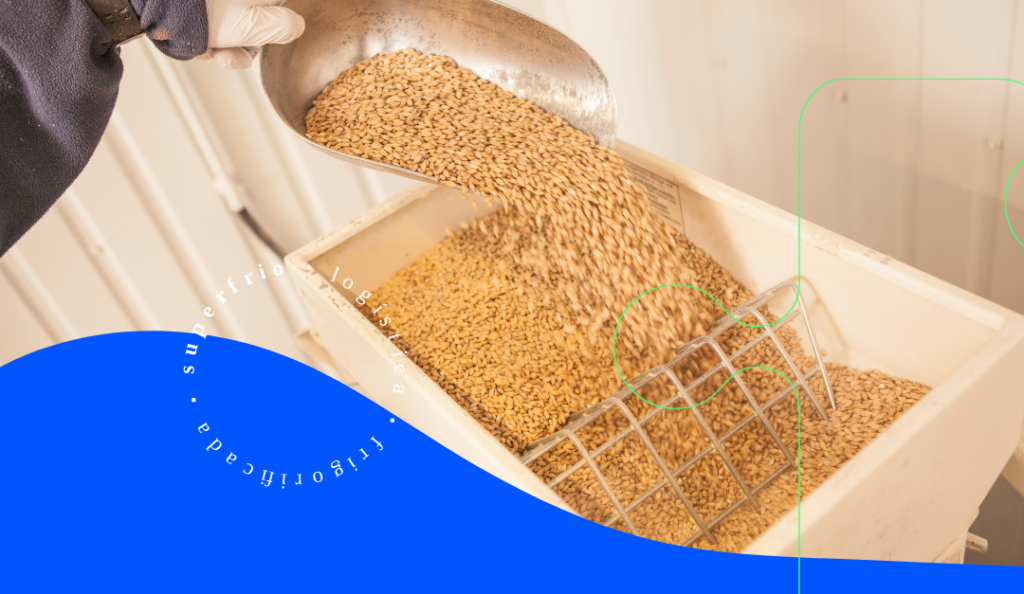Menu
Cross docking is a logistics procedure that focuses on the efficiency and speed of moving goods, minimizing storage time. The term “cross docking” refers to the practice of receiving goods and immediately preparing them for shipment to the next destination, without the need for intermediate storage. In other words, the products are “crossed” (moved) through the “dock” (loading/unloading area).
Cross docking is beneficial in several ways. It allows significant savings in storage costs, as products do not need to be stored for long periods of time. Furthermore, it can also improve operational efficiency and reduce customer delivery time..
However, for cross docking to be effective, a high level of precision in planning and execution is required. Suppliers must be able to deliver products at the correct time, and inventory management systems must be able to process and prepare products for shipment efficiently, this is where we at SuperFrio come in with our experience.
This is where we come into play. As a recognized leader in the refrigerated logistics industry, we excel in efficiently implementing cross docking. Thanks to our expertise and state-of-the-art facilities, we can ensure that every step of the process is carefully managed and monitored.
With a dedicated team of experts, we ensure that the time between the arrival of products and their delivery is as short as possible. This not only keeps products fresh, but also reduces storage costs and the risk of product damage. It's a win-win situation.

So why is cross docking so important?
To answer this, we need to consider the nature of the products we are dealing with. Think fresh or frozen produce like fruits, vegetables, meats and dairy products. The last thing we want is for these products to lose their quality due to long storage periods. With cross docking, we can keep these products moving, ensuring they reach consumers at the peak of freshness and flavor ..
Cross docking is a logistical method that, in addition to providing agility and savings, also plays a significant role in promoting sustainability. This occurs for a number of reasons, let's see what they are:
By speeding up transit times and eliminating the need for long-term storage, cross docking can reduce carbon emissions from logistics operations. Less time in transit and storage means less fuel burned for transportation and refrigeration, which results in lower greenhouse gas emissions.
Cross docking enables more efficient use of resources throughout the entire supply chain. This includes reducing the use of packaging materials, decreasing the number of truck trips required and optimizing the use of space, both in transport vehicles and in warehouses.
Cross docking substantially reduces the need for storage, especially cold storage. This fact is extremely important, as cold storage requires a significant amount of energy to maintain the temperature necessary to preserve the quality of the products. By reducing the time that products spend in these refrigerated spaces, cross docking helps reduce energy consumption.
In the food sector, cross docking can contribute to reducing food waste. By accelerating the movement of fresh produce from supplier to consumer, it is possible to increase the shelf life of food on the retailer's shelf and in the consumer's home. This not only increases efficiency and profits, but also reduces food waste, a major global problem.
However, successfully implementing cross docking requires impeccable logistics coordination, which is facilitated by advanced inventory tracking and management technologies. With our expertise in refrigerated logistics, we are prepared to help companies explore all the benefits of cross docking, including its positive impact on sustainability ..
One of the most significant benefits of cross docking is the reduction or even elimination of the need for long-term storage. The cost of maintaining adequate storage space, especially for products that require refrigeration, can be high. Additionally, there are additional costs related to maintenance and the personnel required to manage that space. By moving products directly from supplier to customer, cross docking can result in significant savings in these areas.


Cross docking also helps reduce the time and complexity of product handling. The longer a product spends in a warehouse, the more handling processes are generally required, such as moving, storing and picking. Each of these processes has its own costs, both in terms of time and resources. By reducing these handling processes, cross docking can bring significant savings.
Ultimately, cross docking can lead to greater operational efficiency. By eliminating warehouse bottlenecks and speeding up transit times, companies can process orders faster and serve their customers more efficiently. This can lead to an increase in customer satisfaction and, in turn, an increase in sales and profits.
Cross docking can also reduce transportation costs, especially in situations where products are delivered from multiple suppliers to multiple customers. By consolidating loads, it is possible to reduce the number of trips required, thus saving on fuel and vehicle maintenance costs.
When it comes to ensuring product quality, speed is a crucial factor. The faster a product can be transported from point A to point B, the better its condition when it arrives.
Using advanced technologies and smart logistics practices, we are able to speed up the transportation process, ensuring products reach their destinations as quickly as possible. And we're not just talking about speed for its own sake, but speed that doesn't compromise the safety or quality of the product.



One might think that cross docking is only an effective strategy for large companies with massive product volumes. However, this couldn't be further from the truth. Small and medium-sized businesses can also benefit from this approach. By utilizing cross docking, companies can minimize storage time, reduce costs and ensure product quality – all factors that can lead to increased sales and customer satisfaction.
Whatever the size of the company or the nature of the product, cross docking can offer significant benefits. If you haven't considered this strategy yet, now is the time to start.



